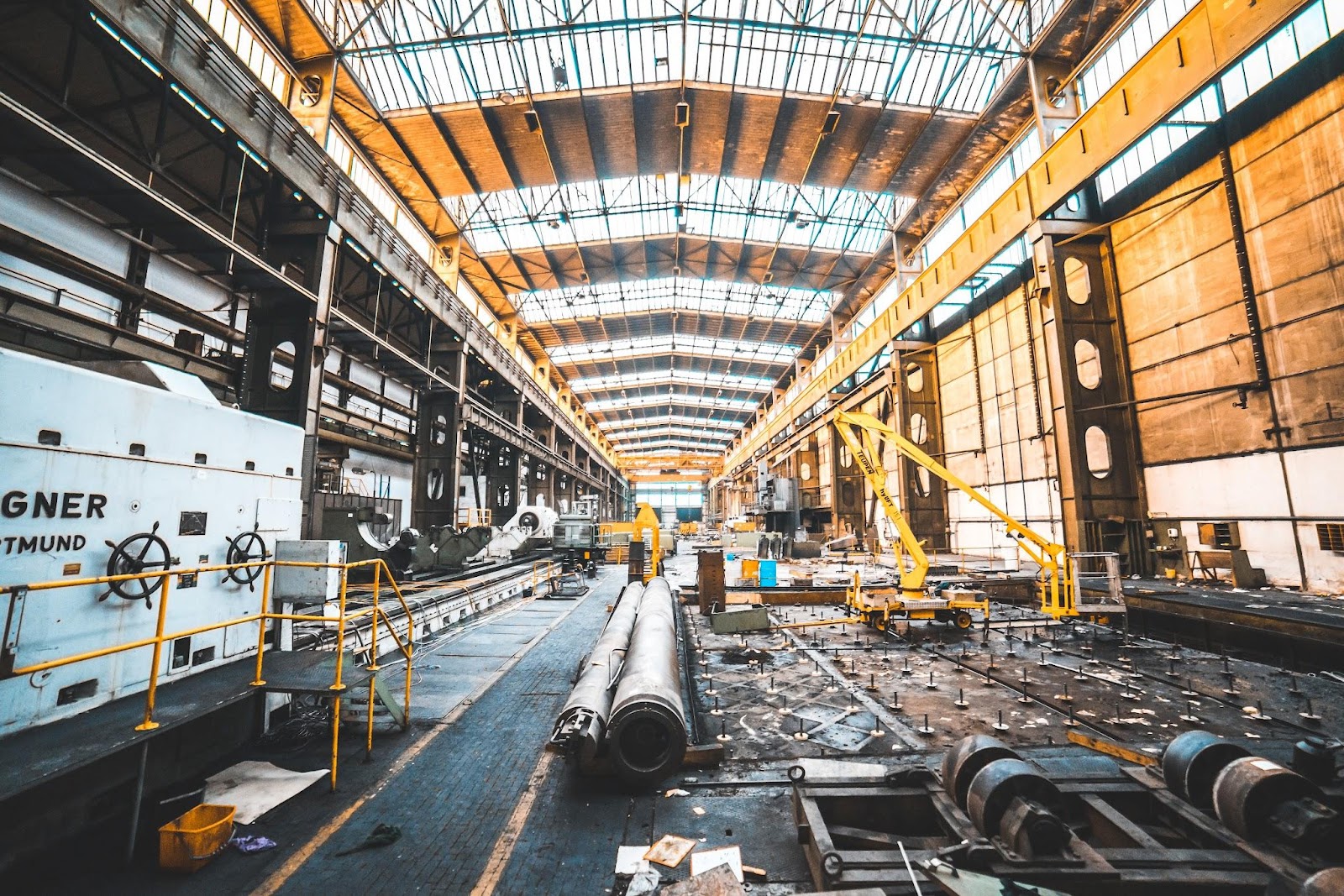Climate Change

Article
April 22, 2025
Impact of urban regulations and industry location on air qualityTL;DR: City regulations on industry location directly affect air quality. Strategic zoning, emissions control, and tech innovation reduce pollution, improve health, and support sustainable urban growth.
Article
Environmental policies up for vote: How different states are looking to reduce air pollution and mitigate climate change in the upcoming midterm electionsAs the 2022 midterm elections quickly approach, we're taking a look at the different environmentally-oriented state propositions and key electoral races.
Article
The air quality ripple effect: The multitude of secondary benefits from reducing air pollutionBy recognizing the multitude of impacts that air quality has on other sectors, we can leverage the co-benefits that come with cleaner air to galvanize action.
Article
Wildfires are increasing due to climate change — what does this mean for air quality and human health in the long run?As climate change exacerbates wildfires, it is crucial to understand both the short- and long-term impacts wildfires have on human and environmental health.
Article
Why cities need higher resolution air quality data to plan for climate changeBecause cities play a major role in air quality and climate health, it is essential that they establish high-resolution air quality monitoring networks.
Article
Why we need resilient infrastructure — and air quality monitoring networks — in the face of climate change and accelerating environmental disastersAs climate change progresses and environmental disasters that contribute to air pollution intensify, it is more important than ever to have resilient air quality monitoring.
Article
Why both the climate change and air pollution crises are environmental justice issuesClimate change and air pollution are both global environmental crises with enormous health, economic, and environmental impacts — but also environmental justice issues.
Article
Looking beyond CO2: How different air pollutants impact climate changeMany air pollutants — beyond just CO2 — also have an impact on climate change and atmospheric warming, opening the door for further climate change mitigation opportunities.
Announcement
Clarity CEO Statement on West Virginia vs. EPA Supreme Court DecisionIn response to the Supreme Court's West Virginia vs. EPA decision handed down today, Clarity CEO David Lu has made the following statement.
Article
Clearing the air on climate change: how air quality co-benefits can help drive climate actionBy better understanding the relationship between air pollution, fossil fuels, and a changing climate, air quality co-benefits can be quantified to incentivize climate change action